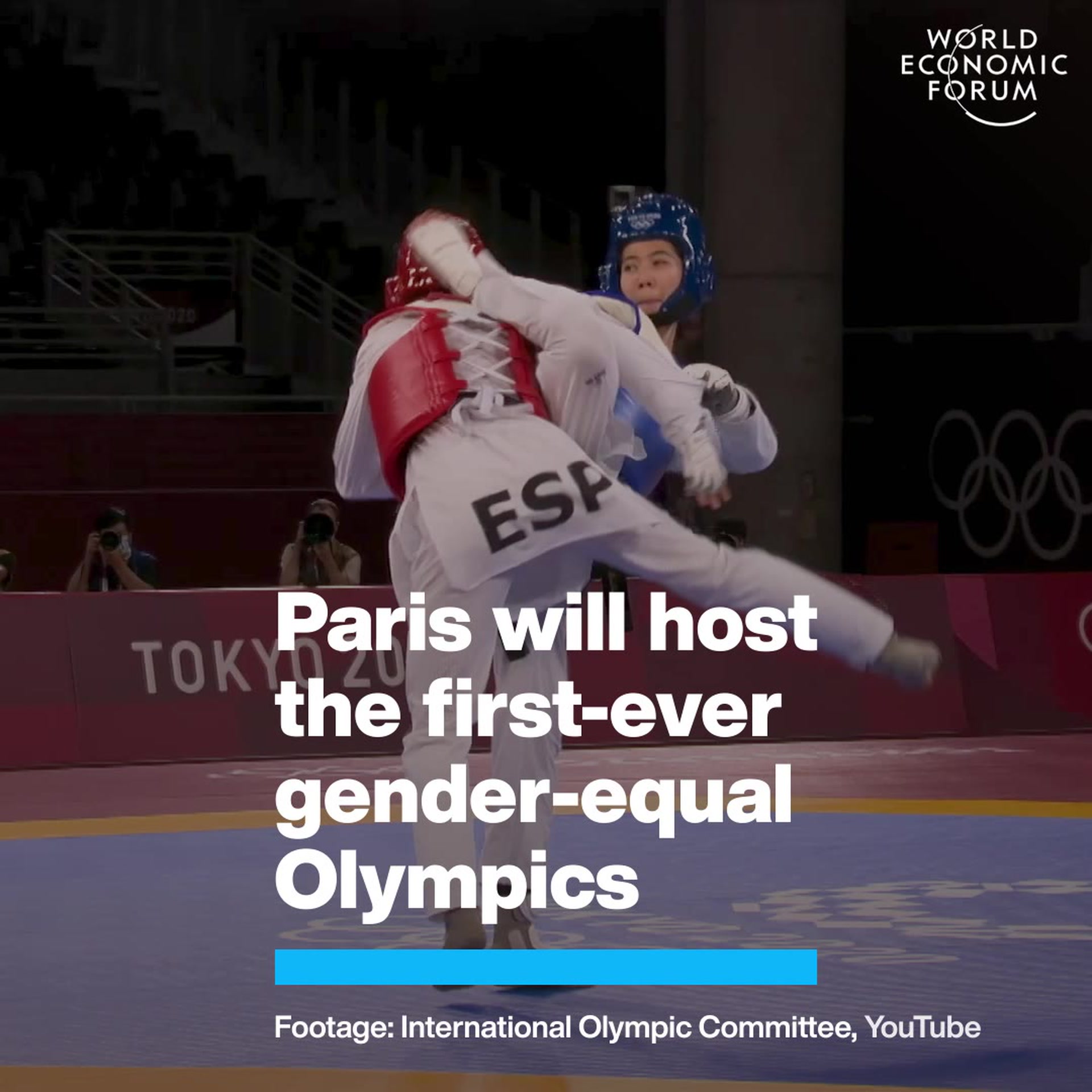How to disappear on the internet


Get involved with our crowdsourced digital platform to deliver impact at scale
Stay up to date:
Media, Entertainment and Sport
The rise of social media, and more broadly digital media, has raised a number of concerns about how much its users actually understand the way it works. At the centre of these are questions around the permanence, or lack thereof, of online data. Since social media is so, well, social, this is an especially important question as the information that lives on the world’s social platforms tends much more towards the personal, something that has only increased as mobile phones become the primary way people share on these channels.
Over the last year, this conversation has exploded thanks to a number of “ephemeral media” apps like Snapchat. These social applications allow users to share a piece of content that will disappear after it has been viewed. Their success has been well-documented as an outgrowth of social media’s choice to default to public and persistent. In other words, when you sign up for almost any social platform whatever you put there will be available for everyone to discover forever (the United States Library of Congress has an archive of every public Tweet since Twitter’s inception).
This, of course, does not always line up with the expectations of the users of these platforms. For them, social is exactly that, social, and not necessarily public. Security guru Bruce Schneier calls this the “end of prehistory”. Persistence, Schneier explains, is the default and forgetting is an active thing. In a recent blog post, Schneier expanded on his ideas: “These ephemeral apps are the first concerted push against the permanence of Internet conversation. We started losing ephemeral conversation when computers began to mediate our communications. Computers naturally produce conversation records, and that data was often saved and archived.”
This, clearly, is not a behaviour that comes naturally to us as humans. Writing, in historical terms, is a relatively new invention and recorded speech and video are even newer. While social media didn’t invent the recording of our conversations, it has made it more global and constant, and with that comes a number of questions and concerns that we need to address. At the top of the list is education: How do we ensure that everyone using these platforms has a clear understanding of just how public and permanent their data is? It’s not that “public and permanent” is bad by default, instead it’s about understanding the implications.
While many consider the implications for college students, who seem to be the group we think of first when thinking about the sharing of potentially damaging behaviour, the opposite can also be true. For those same students, these platforms offer an opportunity to connect with totally new kinds of information and people and potentially expand horizons or create a profile that expresses their point of view or approach to thinking, which could help in their future employment.
In the end, there is a real challenge around understanding the permanence, or lack thereof, of any communications that ends up on the web. On one hand, there are services claiming to be ephemeral, but proving to store content far beyond the amount of time another user is able to view it. On the other, you have a phenomenon where information that can’t be located using the most popular search engines is effectively gone. Meaning, if people, governments or organizations can effectively find ways to scrub the search results, they can turn the permanent record into a temporary one. Essentially this leaves us with a conundrum where things are neither as permanent nor as temporary as we would otherwise be led to believe.
Part of a series on the top ten trends in social media
Author: Noah Brier is Chief Executive Officer of Percolate and a member of the World Economic Forum’s Global Agenda Council on Social Media.
Image: A portrait of the Snapchat logo in Ventura, California December 21, 2013. REUTERS/Eric Thayer
Don't miss any update on this topic
Create a free account and access your personalized content collection with our latest publications and analyses.
License and Republishing
World Economic Forum articles may be republished in accordance with the Creative Commons Attribution-NonCommercial-NoDerivatives 4.0 International Public License, and in accordance with our Terms of Use.
The views expressed in this article are those of the author alone and not the World Economic Forum.
The Agenda Weekly
A weekly update of the most important issues driving the global agenda
You can unsubscribe at any time using the link in our emails. For more details, review our privacy policy.
More on Media, Entertainment and SportSee all
Victoria Masterson
April 5, 2024
Jesus Serrano
March 7, 2024
John Letzing
March 5, 2024
Spencer Feingold
March 4, 2024






